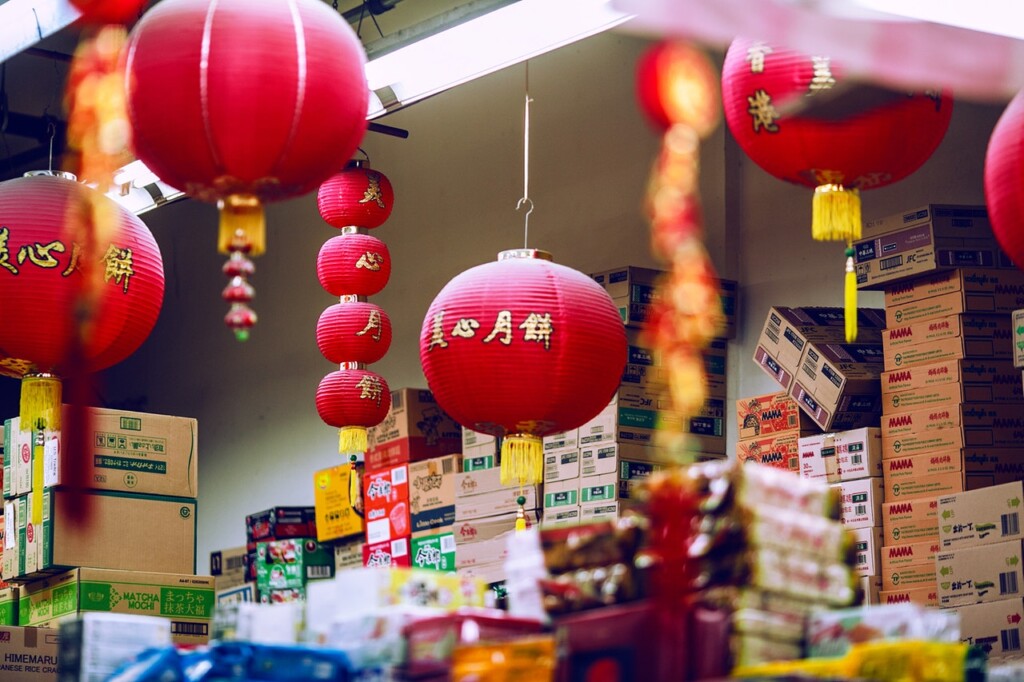Imports from China must be planned well in advance, taking into account all the details to avoid delays in shipments. It is essential to coordinate the supply chain and administrative processes meticulously, as well as other aspects such as the country’s holidays.
The logistics of imports from China involve many parties. Manufacturer or supplier, freight forwarder, customs, maritime transport, and transport to the importer’s warehouses are just some of them. The control of the supply chain is vital for orders to arrive on time, especially when importing products for specific campaigns such as Christmas items, swimwear, flip-flops or sunglasses.
How to plan imports from China
Anticipating possible unforeseen events is the best way to keep imports from China under control and avoid delays in delivery dates. This is something that only experience can provide. Bull Importer’s international commercial logistics system covers all production and distribution processes to ensure deadlines are met. One of our key strategies is maintaining a constant flow of information about imports from China, which allows us to minimize unforeseen events.
Communication with the supplier
It is crucial to remember that we are dealing with suppliers thousands of kilometers away, who speak a different language and have very different cultures and customs.
Often, suppliers do not understand what the client is requesting. Therefore, it is vital that the product specifications are as exact and detailed as possible.
Sample management
One of the worst consequences of the supplier not understanding our request is that an order arrives on time but does not meet the expected specifications.
This will cause delays and increase costs, in addition to damaging our company image. Therefore, it is always advisable to request samples before starting production. This way, we can be sure that the merchandise will be as requested.
Transport times
Maritime transport from China usually takes about 45 days. This period must be added to the production, packaging, shipping to the port, and customs procedures.
Air transport is much faster, though more expensive. However, in some cases, it is worth considering this option, especially when importing lightweight/low-volume and high-value products.
Using a door-to-door import service like the one we offer at Bull Importer can save importers a lot of trouble. This service covers all management stages:
- Collection of goods at the supplier’s warehouse
- Transfer of the cargo to the port of origin
- Customs clearance at origin and destination
- Payment of fees and taxes
- Delivery of goods to the importer’s facilities
Our import management services take care of every detail of the product’s transportation to maximize our client’s profit margins. We consider all elements of the commercial operation and analyze its feasibility:
- Packaging and labeling of goods
- Documentation
- Storage
- Cargo handling
- Insurance contracting
- Tariffs and taxes
- Banking procedures and currency exchange
- Transport operators
- Port and customs agents
Studying the distribution chain helps us choose the best option after comparing transport means and routes to ensure deadlines are met. To find the best cost/time ratio, we analyze the following elements:
- Characteristics of the cargo
- Risks during handling, storage, and transport
- Transit time to the importer’s warehouses
- Viable means of transport
Each shipment has its own characteristics, so at Bull Importer, we tailor strategies to each importer. Consult our comprehensive import management services and forget about problems.




